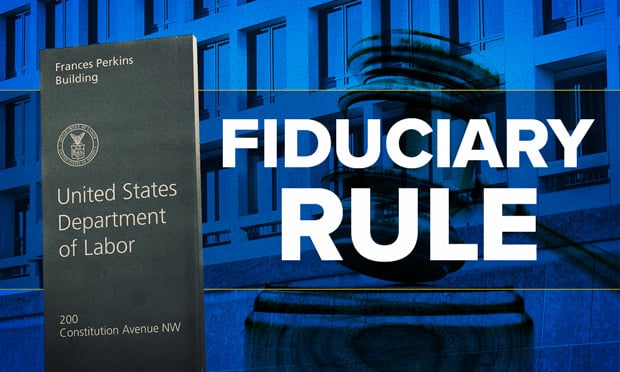With the ever changing regulatory landscape and the increased market volatility of the mutual fund industry over the past 10 years, including the implementation of Sarbanes-Oxley and Rule 38a-1 requirements on registered mutual funds, it may be time to reevaluate the role of the Chief Financial Officer (CFO) for mutual funds.
The Historical Role of the Mutual Fund CFO
Since inception, the mutual fund business model has successfully relied upon "outsourcing" wherein all of the functions and services required of a fund are typically contracted ("hired out") to professional organizations. Thus, there are no true "employees" of a mutual fund. Prior to the passage of Sarbanes-Oxley Act of 2002 (SOX), the CFO function had typically been performed by an employee of the fund's investment advisor or the fund's accounting agent and had been functional in nature. In this environment, there was minimal personal or corporate liability for the CFO.
Complete your profile to continue reading and get FREE access to BenefitsPRO, part of your ALM digital membership.
Your access to unlimited BenefitsPRO content isn’t changing.
Once you are an ALM digital member, you’ll receive:
- Critical BenefitsPRO information including cutting edge post-reform success strategies, access to educational webcasts and videos, resources from industry leaders, and informative Newsletters.
- Exclusive discounts on ALM, BenefitsPRO magazine and BenefitsPRO.com events
- Access to other award-winning ALM websites including ThinkAdvisor.com and Law.com
Already have an account? Sign In
© 2024 ALM Global, LLC, All Rights Reserved. Request academic re-use from www.copyright.com. All other uses, submit a request to [email protected]. For more information visit Asset & Logo Licensing.








